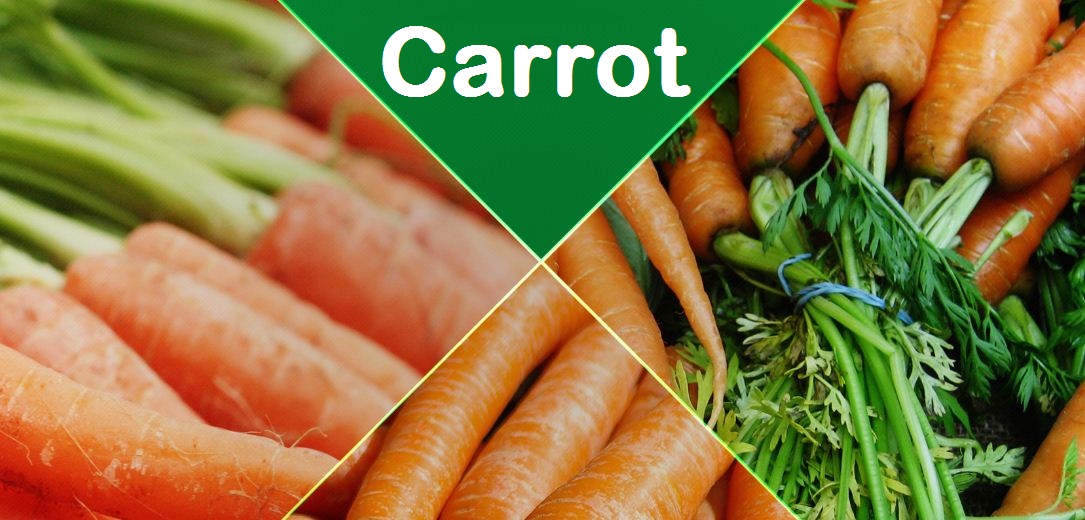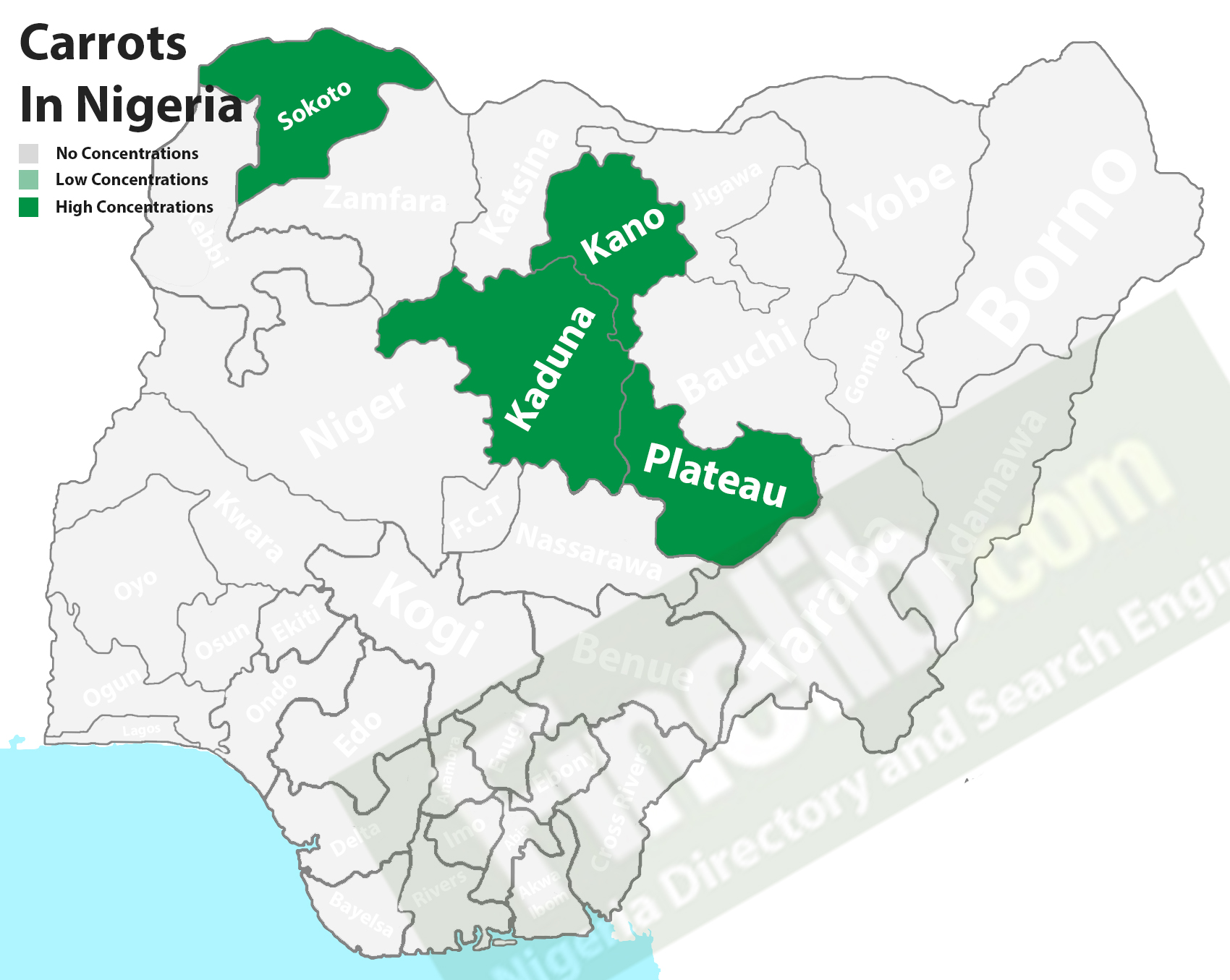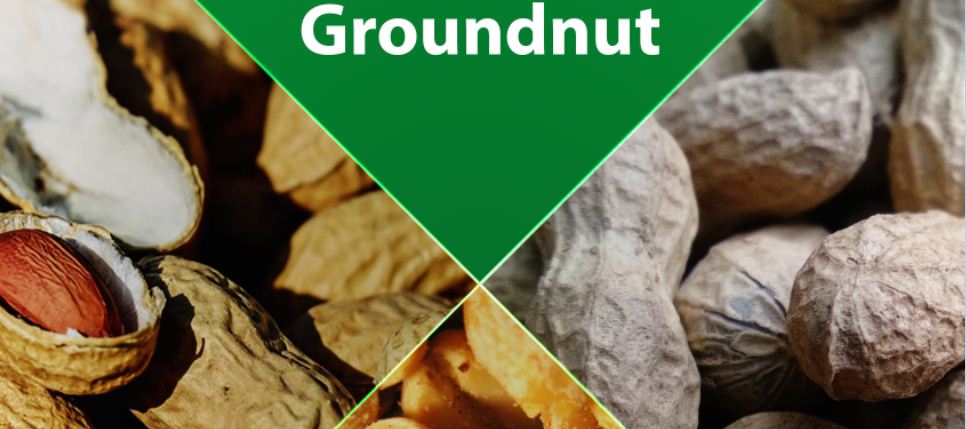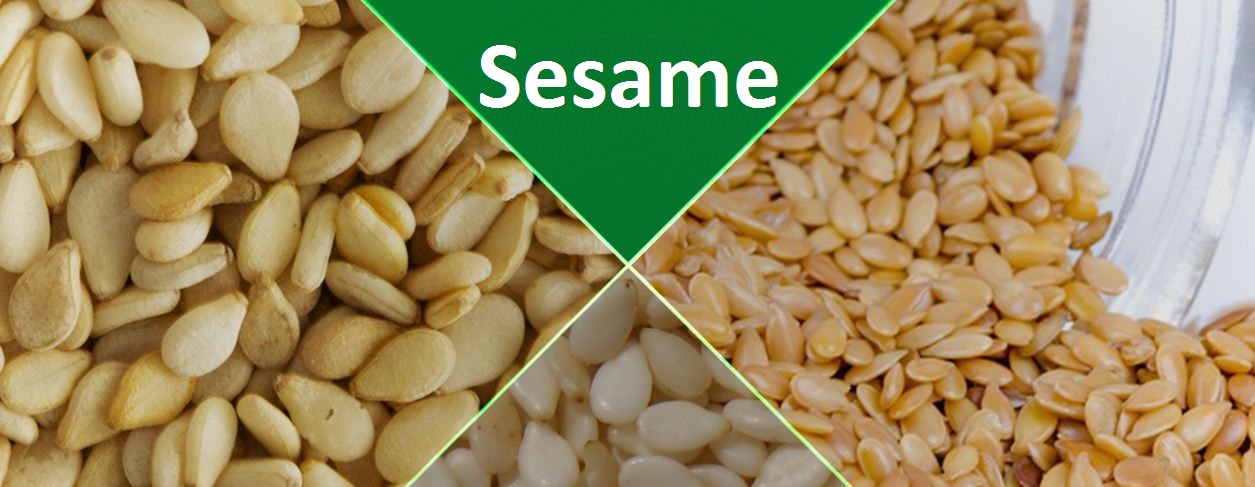Varieties Of Carrots And The Producing States In Nigeria

Nigeria, West Africa is well blessed with varieties of food crops and carrots are no exception, carrot is largely cultivated in the Northern part of Nigeria such as; Zaria, Sokoto, Kano and Jos.
Carrot, scientifically called Daucus carota subsp. sativus is described as a root vegetable (among the Root and tuber crops) with a range of colours like orange (mostly), purple, black, red, white, and yellow.

It contains mostly the taproot which is mainly eaten and the green leafy part which is eaten as well but it’s not common and is always crispy when fresh.
It grows well in sandy soil free of stones and lumps and is planted in rows at least 3-4inches apart on a raised bed, at about 1-3 weeks, it begins to germinate and can be harvested at any size, but has a better flavour when it has turned bright orange.
It is a good source of Vitamin A, C, and K, Potassium, Thiamine, Niacin, Vitamin B6, Foliate and Manganese, and a very good source of Dietary fibre.
Carrots are of different species depending on the size, shape, and colour, to mention but a few, we have;
- Nantes varieties: these consist of different varieties of carrot but are generally sweet and crispy, cylindrical carrots, with blunt tips. It grows healthier and better in soils that are heavy and is usually the easiest carrots to grow in home gardens. Its colours are mostly orange, and this is the specie that is widely grown in Nigeria.
2. Imperator carrots: they have long, slim tapered roots and grow well in light, sandy loam soil.
3. Chantenay Carrot Varieties; it’s characterized by its short and stout nature and has a crown tapered to a rounded point, like the Nantes varieties this is also grown in heavy or rocky soil.
4. Mini Carrot Varieties; is mostly grown in containers because it grows well in shallow root zones and harvested small and they also perform well in heavy or rocky soils.
In Nigeria and other West African countries, carrot cultivation has been widely grown, it can be eaten whole or used in salads, Nigerian fried rice, etc., though it is a seasonal root crop but can also be preserved by chopping it and then drying.




